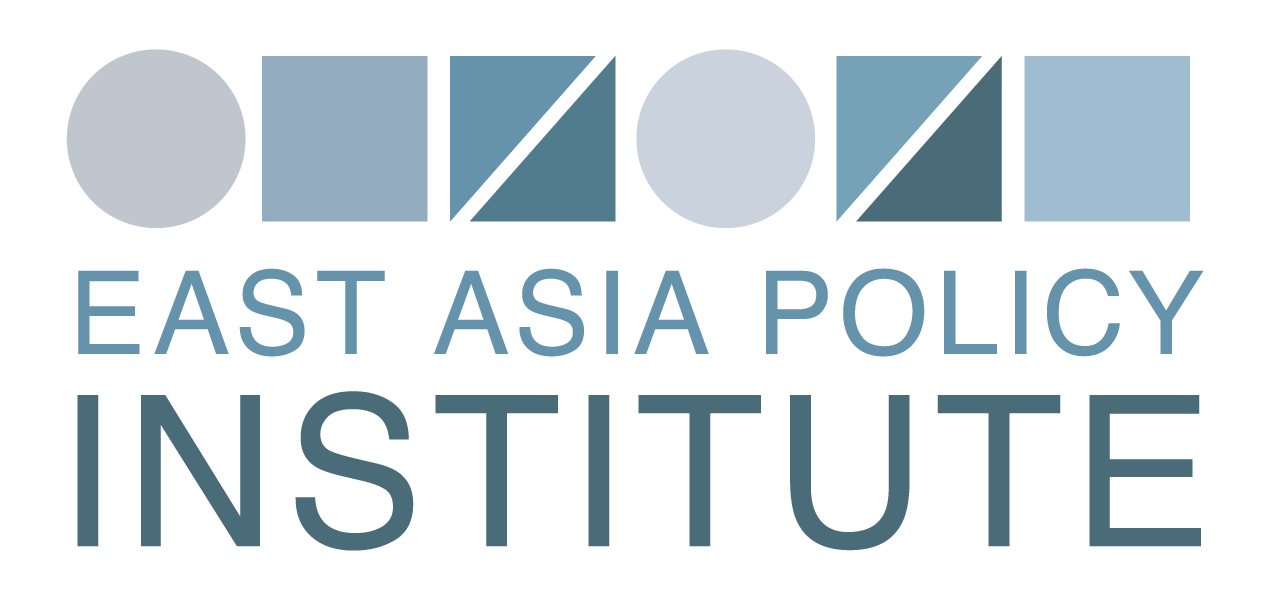Long-delayed UN Report Condemns China over Xinjiang Human Rights Abuses
What China describes as a “vocational skills education centre” in Xinjiang Uighur Autonomous Region, China. REUTERS/Thomas Peter//File Photo
China has committed "serious human rights violations" against Uyghur Muslims in its northwestern region of Xinjiang, which "may constitute international crimes, in particular crimes against humanity" according to a long-awaited report released by the United Nations Human Rights Council (UNHRC).
In the final minutes as United Nations high commissioner for human rights, Michelle Bachelet’s office issued the report on China’s large-scale human rights abuses against ethnic muslims in Xinjiang. The UN had previously delayed releasing the report for almost a year in response to a pressure campaign by China.
The report comes four long years after a committee of UN experts called attention in August 2018 to "credible reports" that more than 1 million Uyghur and other Muslim minority peoples were interned in extrajudicial camps in Xinjiang for "re-education" and indoctrination.
Relying on China’s own documents, as well as dozens of interviews with victims, the report criticizes China’s “anti-terrorism law system”, under which Uyghurs and other muslim minorities were imprisoned. Its findings include confirmation that those imprisoned were tortured and beaten, that women suffered “violations of reproductive rights through the coercive enforcement of family planning policies” (including sterilizations), and that camp inmates were used for forced labor by state-run work programs.
The report also said almost all interviewees described either injections, pills or both being administered regularly, which made them feel drowsy, while some interviewees also spoke of "various forms of sexual violence," including some instances of rape, as well as various forms of sexual humiliation, including forced nudity, according to the report.
"The extent of arbitrary and discriminatory detention of members of Uyghur and other predominantly Muslim groups ... may constitute international crimes, in particular crimes against humanity," concluded the report.
However, as many human rights groups had feared, there was no mention of genocide anywhere in the report and surprisingly little detail about China’s practice of forced sterilizations. This is a direct result of coordinated lobbying and campaigning by Chinese diplomats and officials and is not an uncommon result of Chinas influence on international institutions. China’s diplomats have long operated confidently within the halls of the UN, obstructing the work of the Security Council and the World Health Organization, as well as the HRC.
Now that the UN has finally published its findings, the next step for the Human Rights Council is to establish a commission of inquiry (COI) to further investigate and document China’s international law violations. A COI would provide the platform and funding to fully investigate and expose China’s inexcusable actions in Xinjiang. Whether or not the HRC takes that next step when it meets later this month is unknown. However, the chances are slim.
Regardless, efforts to hold China accountable for its human rights violations have long been inadequate. While foreign governments continue to deport fleeing Uyghurs and other minorities back to China, most businesses with ties to the region and its vast cotton industry have maintained their relationships.

